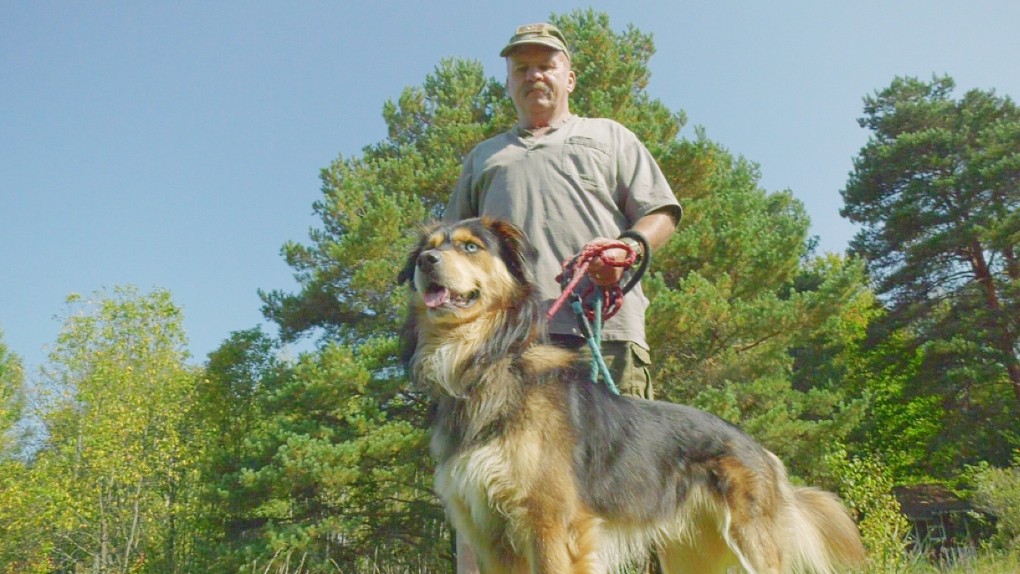
In a remarkable display of canine intuition and loyalty, a three-year-old Siberian husky and golden retriever mix named Bear saved his owner's life in Bonfield, Ontario. The incident, which occurred on August 29, 2022, has garnered attention and earned Bear a place in the 2024 Purina Animal Hall of Fame.
A Night of Crisis
In the early hours of that fateful morning, Bear sensed something was amiss. He woke up Janice Cropper by pouncing on her and howling, alerting her to her husband Darren's absence from bed. Following Bear downstairs, Janice discovered Darren unconscious on the floor.
Darren had experienced a severe heart attack known as a 'widowmaker.' He recalled feeling unwell around 1 a.m. and going downstairs for coffee, but remembered nothing after reaching the bottom step.
Bear's Lifesaving Instinct
What happened next was extraordinary. Bear, born to two former service dogs, appeared to perform a basic form of CPR by repeatedly jumping on Darren's chest. This action, though unconventional, may have been crucial in keeping Darren alive during the three hours he was unconscious.
Upon regaining consciousness, Darren found Bear still actively engaged in this lifesaving effort. The dog then rushed upstairs to alert the family, leading to emergency services being called.
Road to Recovery
Darren was rushed to a hospital in Sudbury, where he underwent a five-hour emergency triple bypass surgery. The recovery process was lengthy, taking a full year for Darren to return to a sense of normalcy.
Recognition and Gratitude
Bear's heroic actions have earned him induction into the 2024 Purina Animal Hall of Fame. The Cropper family, including Bear, will attend a special ceremony at Purina's head office in Mississauga to honor the dog's lifesaving intervention.
Reflecting on the ordeal, Darren expressed profound gratitude: "If it wasn't for him, everything would be a lot different." Bear's story serves as a powerful reminder of the deep bond between humans and their canine companions, showcasing how dogs can be more than pets – they can be lifesavers.